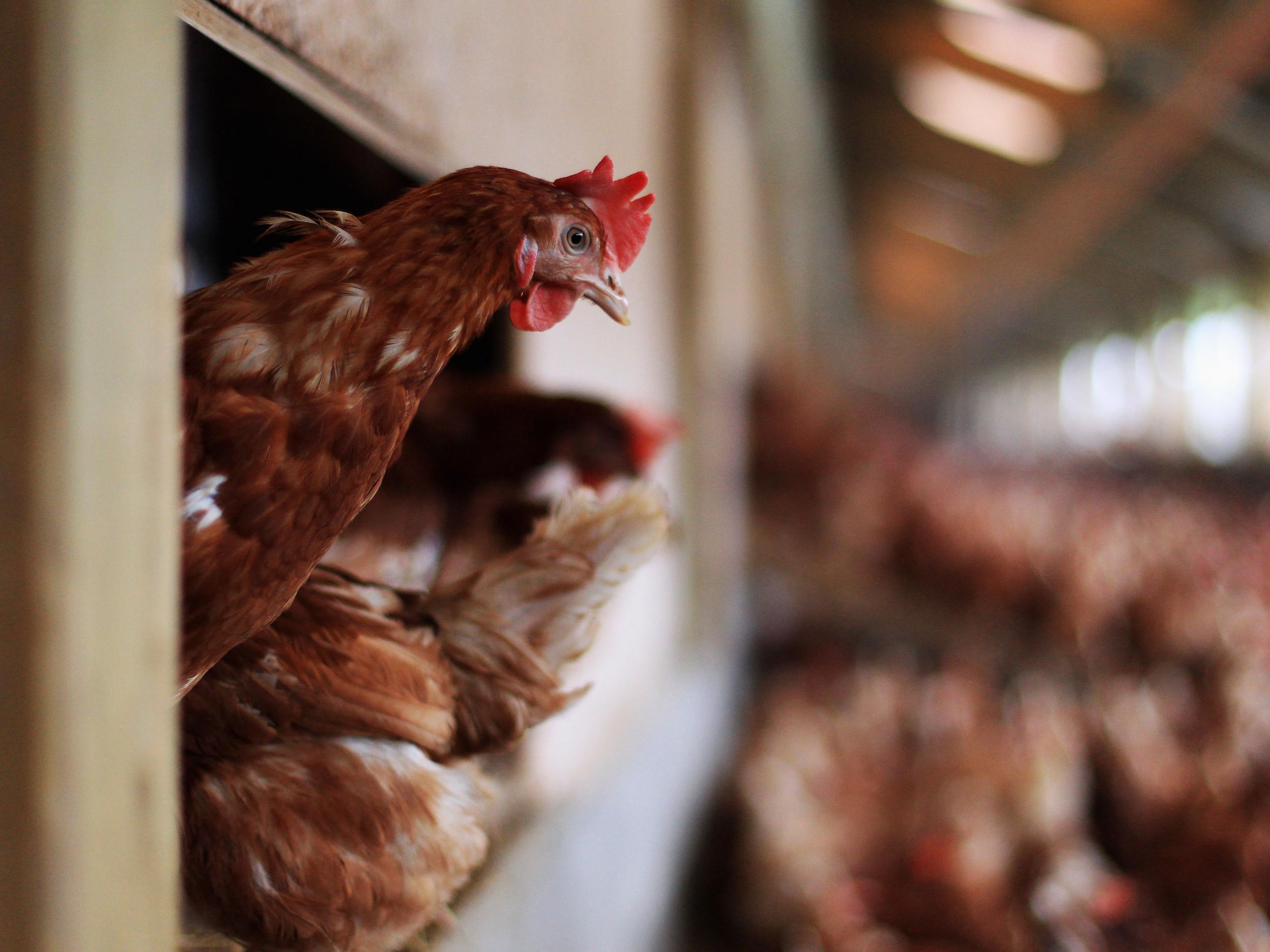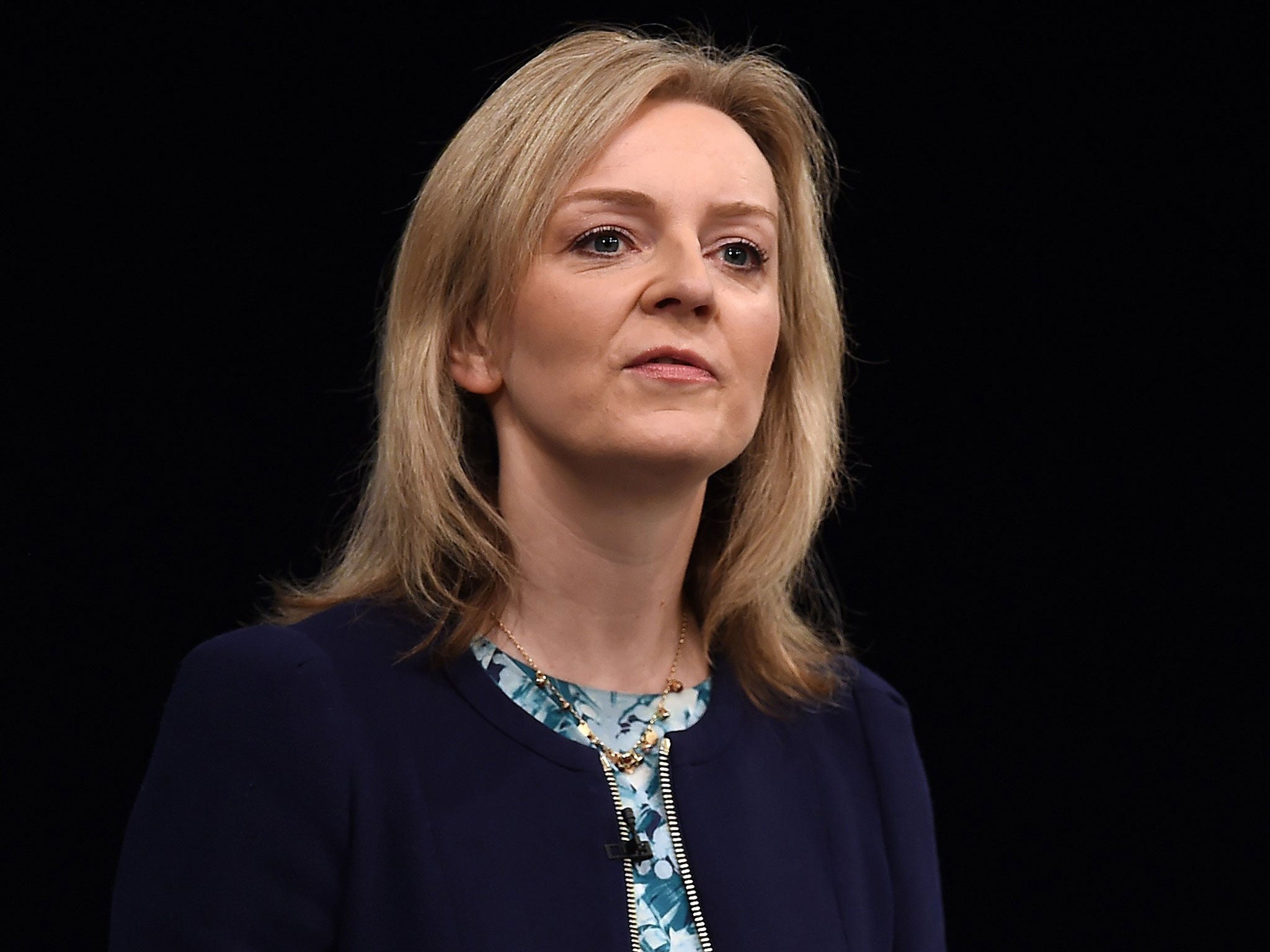Ministers U-turn on controversial plans to change animal welfare codes
The Department of Environment, Food and Rural Affairs intended to replace statutory welfare codes with 'industry-led guidelines'

Your support helps us to tell the story
From reproductive rights to climate change to Big Tech, The Independent is on the ground when the story is developing. Whether it's investigating the financials of Elon Musk's pro-Trump PAC or producing our latest documentary, 'The A Word', which shines a light on the American women fighting for reproductive rights, we know how important it is to parse out the facts from the messaging.
At such a critical moment in US history, we need reporters on the ground. Your donation allows us to keep sending journalists to speak to both sides of the story.
The Independent is trusted by Americans across the entire political spectrum. And unlike many other quality news outlets, we choose not to lock Americans out of our reporting and analysis with paywalls. We believe quality journalism should be available to everyone, paid for by those who can afford it.
Your support makes all the difference.Divisive plans to abolish farm animal welfare codes have been revoked by the Government.
The Department of Environment, Food and Rural Affairs (Defra) intended to replace statutory welfare codes with industry-led guidelines, allowing farms to “self-regulate” their standards.
Animal welfare groups, including Peta and Compassion in World Farming, wrote to the Government opposing the plans over fears they would lower current standards as farmers would no longer be required to abide by codes.
Opponents to the plans said the move could increase the risk of diseases and further overuse of antibiotics.
The Department for Environment, Food and Rural Affairs released a statement saying the current system would remain in place “in light of views raised”.
A Defra spokesman said on Thursday: "We have the highest standards of animal welfare in the world, and no changes have been proposed to the legislation upholding them. We want to draw more closely on the expertise of the farming industry to ensure our welfare codes reflect the very latest scientific and veterinary developments.
"In light of views raised, we have given the matter further consideration and believe we can achieve this objective by retaining the existing statutory codes.”
The British Poultry Council (BPC), due to write and supervise the “industry guidelines”, said it was “disappointed” by the U-turn as it left livestock farmers with "outdated welfare guidance".
BPC Chairman John Reed said: "By revoking its decision, Defra is walking away from an opportunity to ensure welfare guidance is kept up-to-date with the latest research using industry expertise."

The move to scrap the official code on farming chickens for meat and breeding sparked an outcry from Labour, which asked on Wednesday for a parliamentary debate on the changes.
Writing to environment secretary Liz Truss, Kerry McCarthy, the shadow environment secretary said: “This Government has failed to keep the codes updated and now wants to wash its hands entirely of this responsibility. They have encouraged the industry to make its own rules but will only make this new ‘guidance’ public after the existing statutory codes have been scrapped.”
Compassion in World Farming's chief policy advisor, Peter Stevenson, has “congratulated” Defra on their decision, adding "it must now move quickly to update and strengthen the codes".
Andrew Taylor, director of Animal Aid, said it is still unclear what the industry’s role will be in writing the codes.
"We are pleased to hear that sustained campaigning pressure has compelled Defra to reverse its decision and retain the statutory element of the codes," said Mr Taylor.
“However, our other major concern was the dominant role Defra was awarding the industry in the writing of these rulebooks on welfare.
“It’s unclear from today’s statement, whether there has been a reversal on that front. It is vital that matters of welfare and what constitutes good and bad practice, are not left to those who systematically exploit farmed animals for profit."
Join our commenting forum
Join thought-provoking conversations, follow other Independent readers and see their replies
Comments